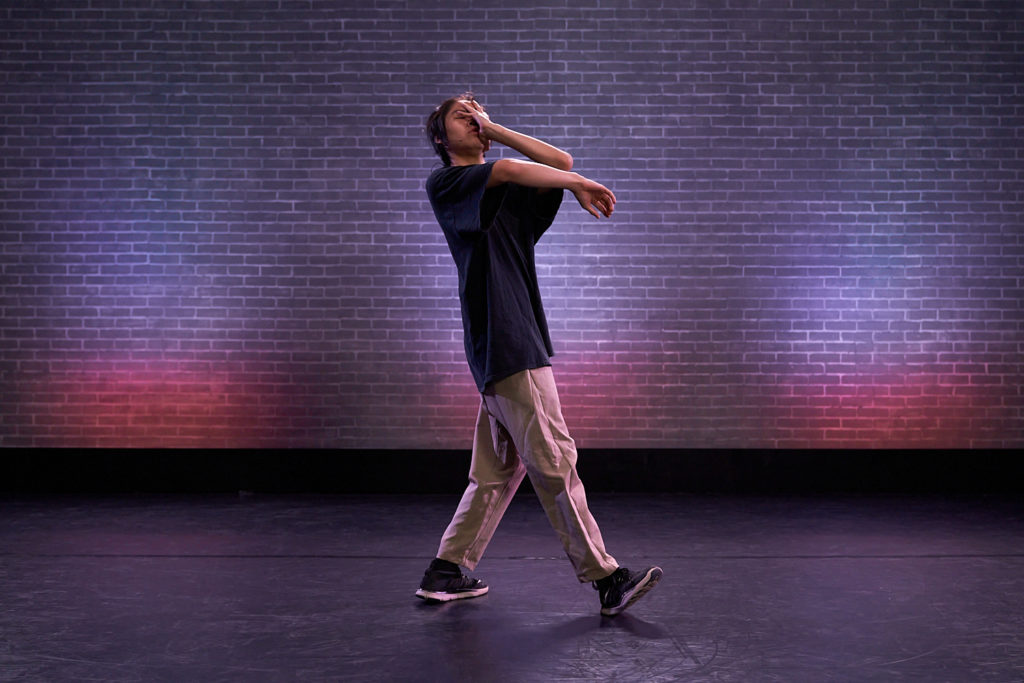Are you looking for a career in dance? It’s a highly competitive market, and finding full-time, gainful employment can be challenging. However, plenty of agencies, companies, and schools are full of people who make their living doing what they love with dance. And while outsider stories like Isadora Duncan are very rare, there are people who have achieved success through unconventional routes. Consider some of the following information when plotting your career trajectory.
Nothing Can Replace Practice

While not every professional dancer has a CV which includes schooling, agencies, and early professional productions, what every professional dancer does have in common are years of practice. Having a vision for what sort of dance you wish to excel at is extremely important, but you’ll never get there unless you practice a lot. For every professional out there, there is a hidden story of hard work, overcoming setbacks and roadblocks, and reaching new goals. All done with the help of regular, disciplined practice.
Try It Out
Whether you are at a dance audition for a school in the interest of pursuing a major in dance, or you are trying to get the attention of an agent who will get you the representation you need, tryouts are a serious part of a professional dancer’s life. And while you do not need to have the professional experience to be involved in an audition, however, you do need to have a strong grasp of the fundamentals. What style of dance are you most interested in? Are you willing to be flexible and create a personal portfolio of diverse styles in which you have a strong performance ability? Is there a style or movement that makes you stick out from the pack? These are things to consider when preparing for an audition. Preparation through dance classes and private instruction is an excellent first step to finding success on the big day.
Experience Is A Big Umbrella
Not every type of useful experience to the career-minded dancer is necessarily a professional one. Everyone has to start somewhere, no matter where they hope to end up. Consider experience as less of a reference on your resumé and more of a general term that reflects your ability to learn from your many steps–and missteps–while chasing your passion. Feedback is really important for a developing dancer, and learning how to listen critically and adjust accordingly is an extremely valuable asset in your development. Even just critiquing yourself with an honest approach–not too harsh and despairing that you give up but also not too permissive in your shortcomings–is an element of personal experience that leads to growth and development.
Working with others can be an invaluable resource too. Try collaborating with fellow dancers on their dance reels, or work out some new movements and group routines. Offer to help out at a studio or in a class, or see if any choreographers who you encounter are looking for assistance. Be flexible and open-minded with an eye towards networking.

Your future dance career depends upon you more than anyone else: Your mindset, willingness to learn and adapt, and desire to push yourself out of your comfort zone are all important qualities. These qualities are honed with life experience. Remember, your professional career is built on the foundation of your own attitude, and that attitude shapes your relationship with the challenges you encounter. Whether or not you require certain types of experience to achieve success in the world of dance has a lot more to do with the way you handle those experiences. Your focus, drive, and positivity will guide you through anything.

